Effie Gray
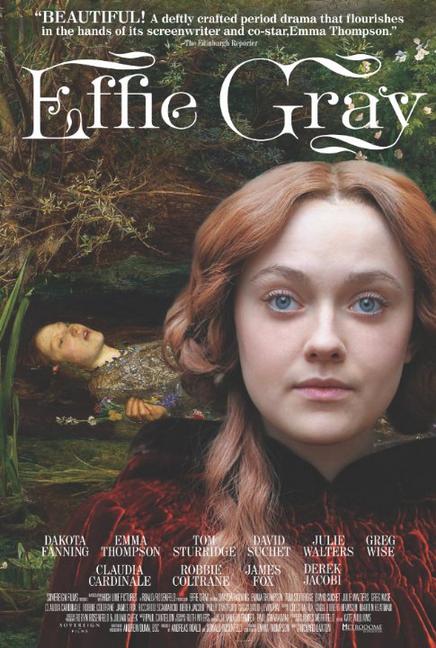
Dressed in the finest example of Victorian attire, it’s impossible to miss Dakota Fanning’s resemblance to the titular Effie Gray. Her blue eyes and large, rosy cheeks make her a fine model for the nineteenth century muse, so it’s a shame that an engaging period drama can’t be built on looks alone.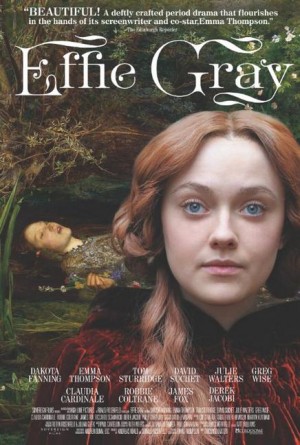
The film begins with Effie’s marriage to renowned art critic John Ruskin, followed by the journey back from Scotland to the Ruskin family home in London. Aspects of conflict arrive early and in quick succession – starting from the moment poor Effie is wholly ignored in the attempt to consummate her marriage – and continue for the film’s duration. The Ruskin family are far from fond of their new house guest, while John himself manages to take the term uninvested to an entirely new level. Effie’s complete isolation is sudden, and her relationship with her new family only travels further south from there.
Eventually John and Effie travel to Venice, and it’s here that the film hits its first of many emotional roadblocks. Emma Thompson’s script is a masterclass in unaddressed cruelty, but the problem for Effie Gray is that Effie’s fleeting moments of companionship are not only far too brief, but also completely joyless.
Matters aren’t helped much by Fanning, who appears emotionally stunted by her affected upper-class accent – a strange choice for a character from Perth, Scotland – and she remains shockingly neutral throughout. In a lesser role her performance would have been passable, but for now she seems unable to carry the weight of such a key character.
Elsewhere, performances are stronger: Julie Walters and David Suchet provide distressingly inhuman turns as the John’s parents and there’s something inescapably heartwarming about watching Emma Thompson, the scriptwriter for the piece, become a kind mentor to Effie in the role of Mrs Eastlake. Tom Sturridge’s John is by far the cruelest of the on-screen tormentors, and his unaccountable disdain for his young wife seems to speak to the reality of the historical figure, inferring many possible reasons for his resentment.
Art is a backdrop here, and the works of Everett Millais – Effie’s far kinder companion – often fill the screen, but the beauty and emotion conveyed in these pieces is never quite captured. An uneven cast, overbearing score and a script filled with unending misery undermine this intriguing, if utterly joyless, piece of history.
Joe Manners Lewis
Effie Gray is released in the UK on 10th October 2014.
Watch the trailer for Effie Gray here:


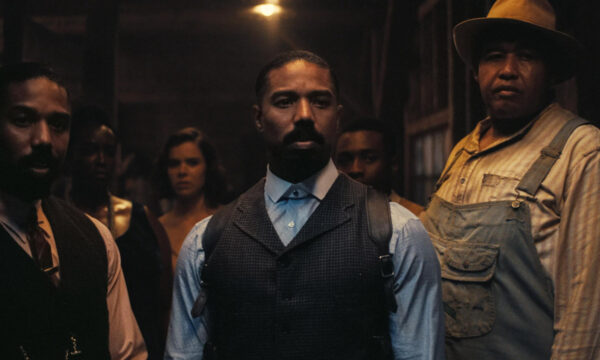
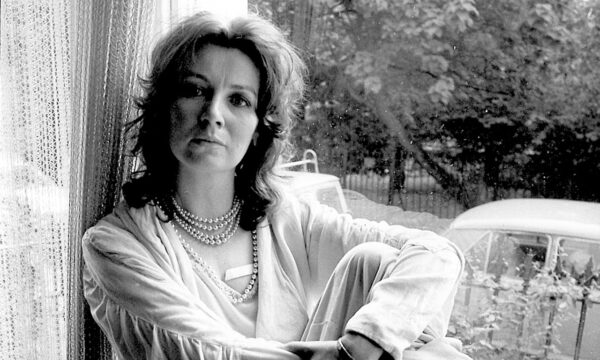
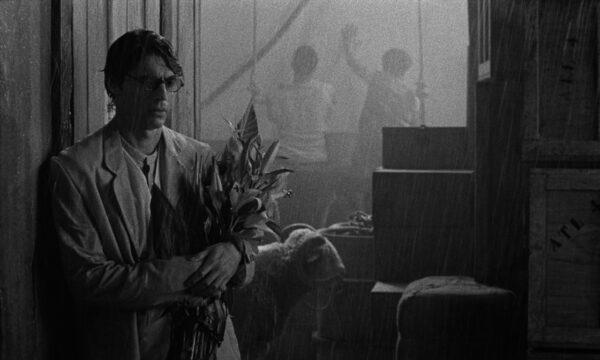
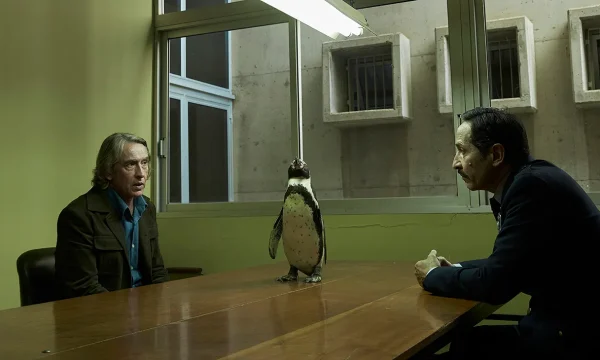

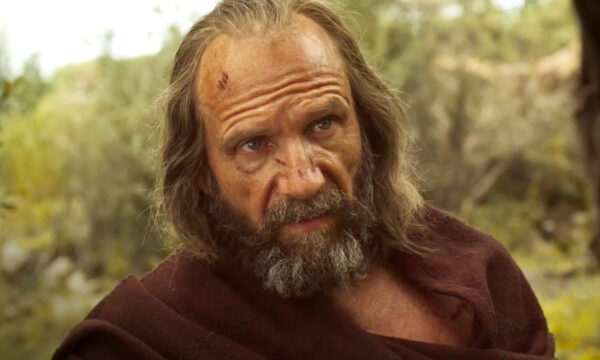
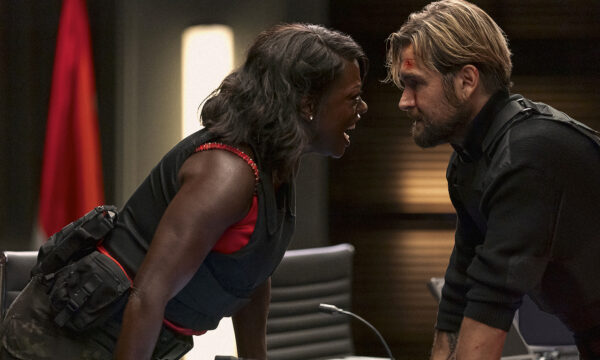
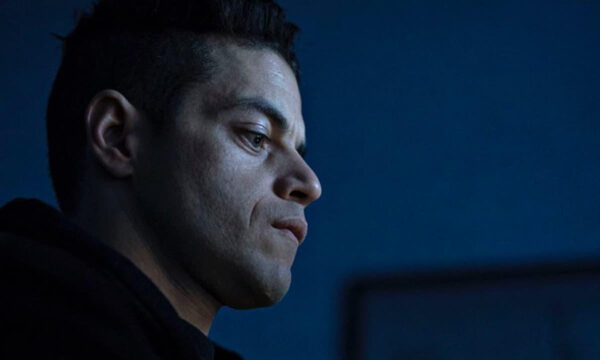














Facebook
Twitter
Instagram
YouTube
RSS